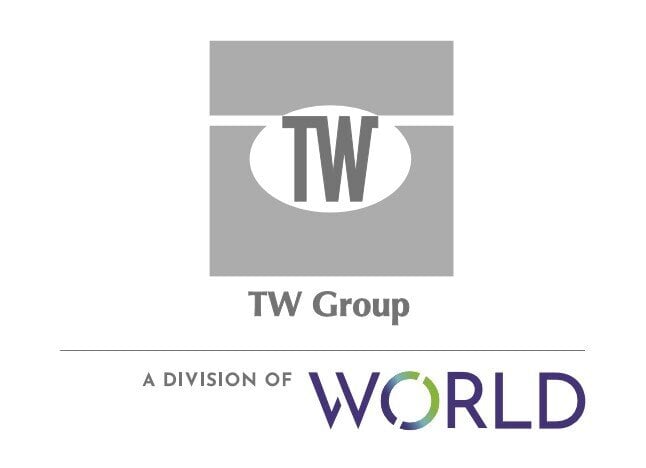TW Group
TW Group is now a division of World
TWG was founded in 1946 and provides insurance to individuals and businesses. They specialize in business, personal, life and health insurance.
“Our mission has always been about working hard to establish trusting client relationships,” says Thomas J. Walsh, President, TW Group. “We look forward to joining World and are committed to continuing the tradition that our family founder, Thomas J. Walsh Sr. started—to build relationships with our clients, one customer at a time..”
Providing personal and business insurance services
GET STARTED WITH A FREE CONSULTATION

Office Address
850 N. Cass Avenue, Westmont, IL 60559
Office Contact
Phone: (630) 737-0300
Office Hours
Monday-Friday: 8:30 AM - 4:30 PM
Saturday - Sunday: Closed
About This Location
TW Group joined World Insurance Associates in December of 2023.
Exceptional Support
Testimonial
- Peg Crawford
Testimonial
"A five star independent insurance agency- TW Group was responsive and provided great advice on what was best for my company. I highly recommend TW Group to others for commercial insurance. They truly are partners in your future."
- Deborah Hodges